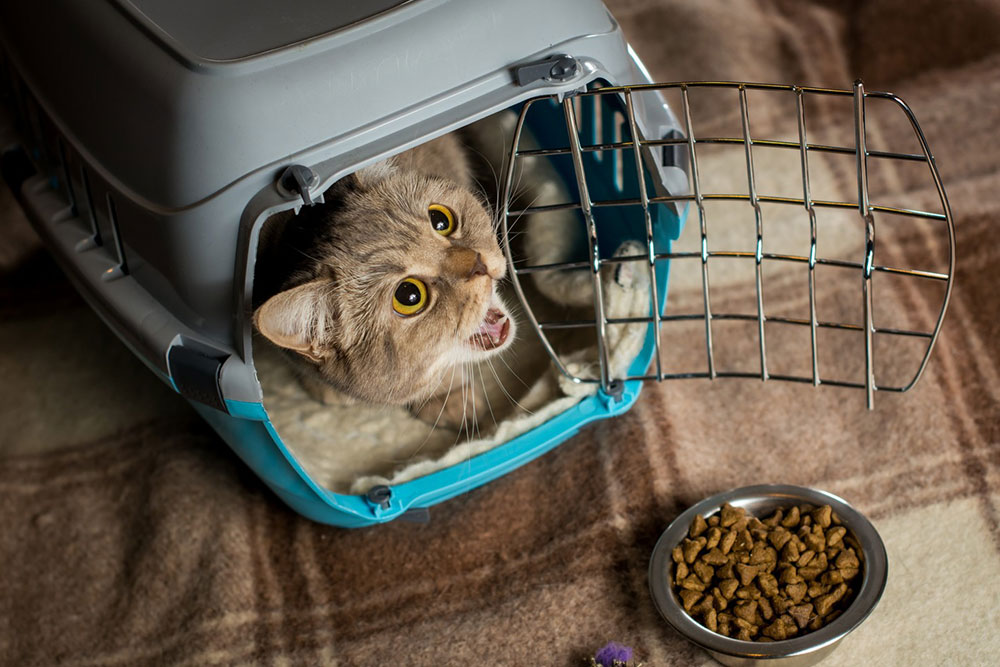Effective Strategies for Relieving Baby Gas Discomfort
Discover effective methods to relieve baby gas discomfort, including dietary tips, gentle massages, proper feeding practices, and when to seek medical advice. Ensuring your baby's comfort is key to healthy digestion and happier moments.

Understanding and Managing Baby Gas
Infants are especially susceptible to stomach bloating caused by difficulty in digesting certain foods, leading to baby gas. This condition results from the accumulation of gas in the digestive system, which can cause significant discomfort. Since babies have immature digestive systems, it’s vital to address gas promptly to prevent feeding issues and excessive crying. Proper relief measures, including gentle massages, appropriate feeding techniques, and dietary management, can help soothe your baby and improve their comfort.
Effective Remedies for Baby Gas
Various medications, such as Simethicone-based drops, are available at pharmacies to ease gas pain. Offering small, frequent feedings at regular intervals prevents overfeeding and reduces bloating. Providing easily digestible, nutrient-balanced foods, especially in the early stages, is essential, while high-protein foods should be avoided as they can cause indigestion. Gentle belly massages using lukewarm oil, combined with proper burping techniques, can significantly alleviate gas buildup. Ensuring the baby maintains an upright posture during feeding also promotes better digestion and reduces air ingestion.
Feeding Tips and Dietary Precautions
Feeding your baby with calm, slow movements reduces air swallowing. Monitoring your diet, especially if breastfeeding, helps prevent flatulence caused by maternal foods like beans, raw vegetables, and certain fruits. When transitioning from soft to solid foods, do it gradually to avoid digestive shocks. Holding the baby in an upright position with the head higher than the stomach during feeding supports smooth food passage. If gas issues persist, consulting a pediatrician is advised for tailored treatment options.
Foods to Limit for Baby Gas Prevention
Beans
Green leafy vegetables
Raw fruits and vegetables
High-fiber foods like bran and oatmeal
Prune, peach, pear, plum, and apricot
Early consultation with a healthcare professional and gentle feeding practices are key for gas relief. Using proper burping techniques and avoiding overfeeding can prevent excess air intake. Recognizing signs of discomfort and taking appropriate actions, like abdominal massages and adjusting feeding positions, will help ease symptoms. Introducing new foods slowly and monitoring the baby’s response reduces the risk of gas. With patience and proper care, most cases of baby gas can be effectively managed, ensuring a more comfortable experience for your little one.









